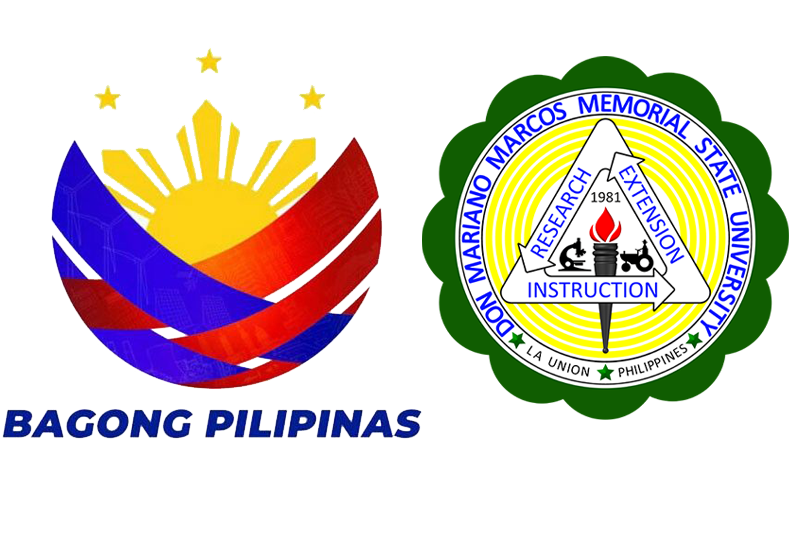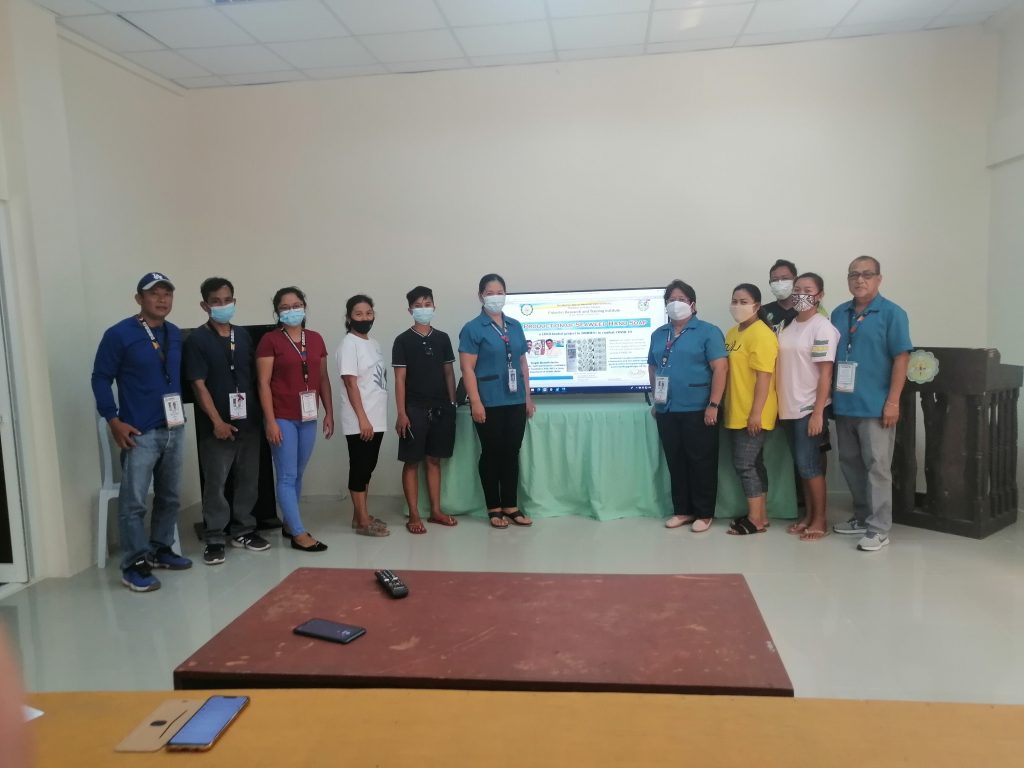
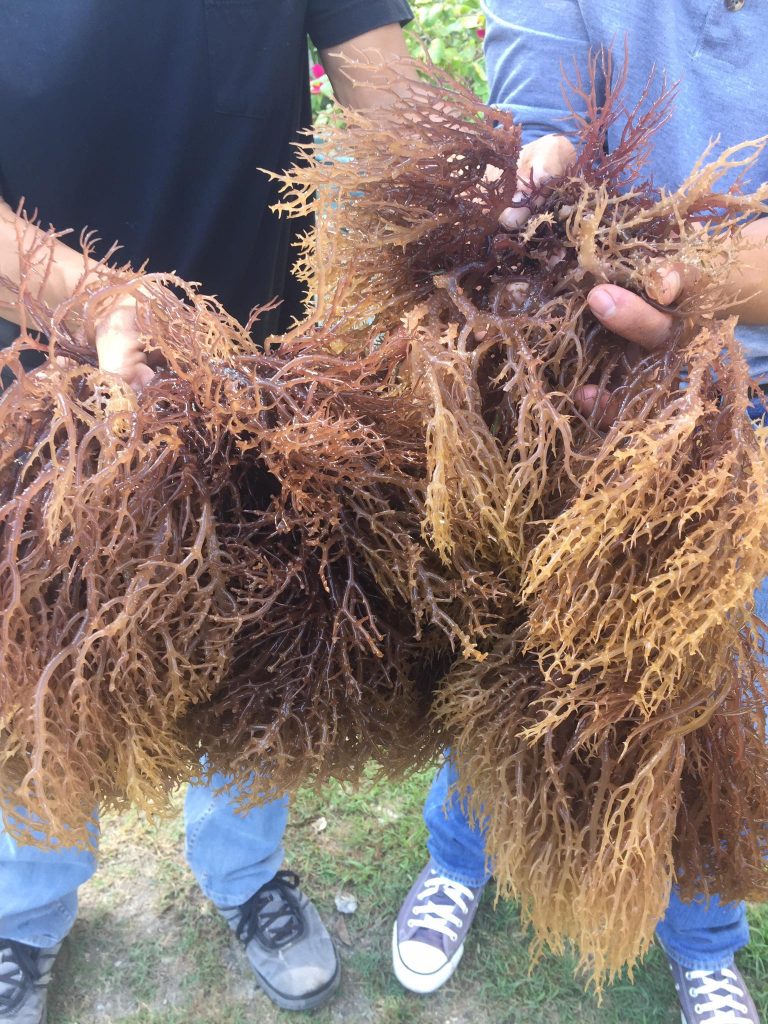
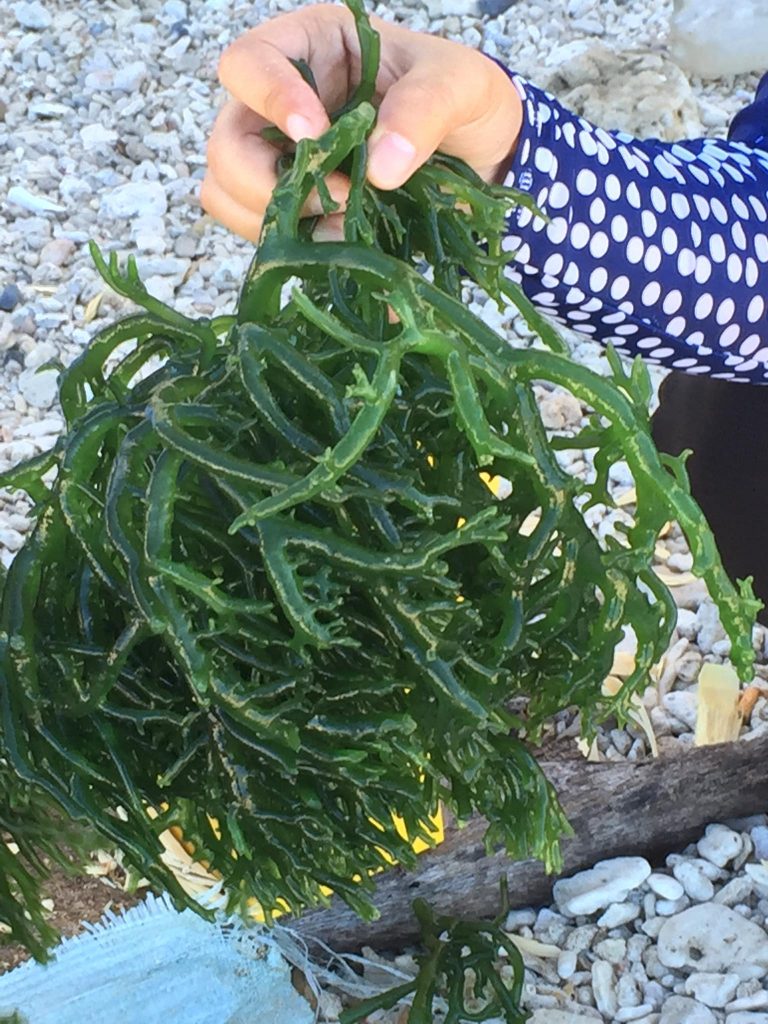
The Commission on Higher Education (CHED) approved the project “Production of Seaweed Hand Soap” of the Fisheries Research and Training Institute (FRTI) of DMMMU-North La Union Campus. The Project costs Php 948,785.05.
This is in response to the call for proposals of CHED to combat COVID-19 and to support the Provincial Government of La Union’s fight against the threat of the pandemic.
The project aims to produce cheaper alternative source of hand soap with locally available raw materials like seaweeds, particularly Kappaphycus and Euchema spp. which are farmed in the coastal areas of Balaoan, La Union. Seaweed hand soap or commonly known as Seabon is made of seaweed and papaya extracts, coconut oil and essential scented oils. Seaweeds are found to have anti-microbial component and are active against gram-positive and gram-negative (Anggadiredja, 2011).
The project is expected to produce 105,600 bars of hand soap at 20 g net wt/pc to be distributed to the 20,520 beneficiaries composed of faculty, staff and students of the University, LGU frontliners, PNP/AFP La Union, and DOH. The city government of the San Fernando and local governments of Balaoan, Bacnotan, Agoo, Sto. Tomas, and Rosario where the campuses/stations are located will assist in the distribution of the products.
Seaweed soap is a research output of the University adopting that of Prof. Rofelio M. Estacio’s, who registered Seabon as Utility Model No. 2-2010-000334.
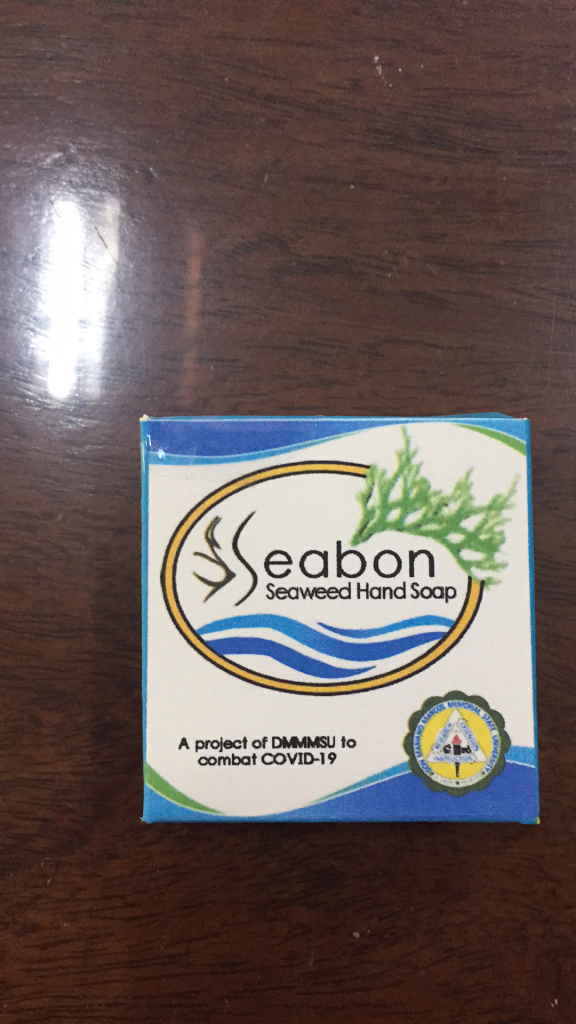
Ms. Karen A. Ballada, Biology Faculty Member and Head of NLUC Extension Unit, leads the project with Prof. Arnulfo B. Junio, Mr. Richard N. Rivera, Mr. Joseph S. Nerida as project staff. The production team includes one research assistant and five workforces from the Women Aquatic Processing Association.
